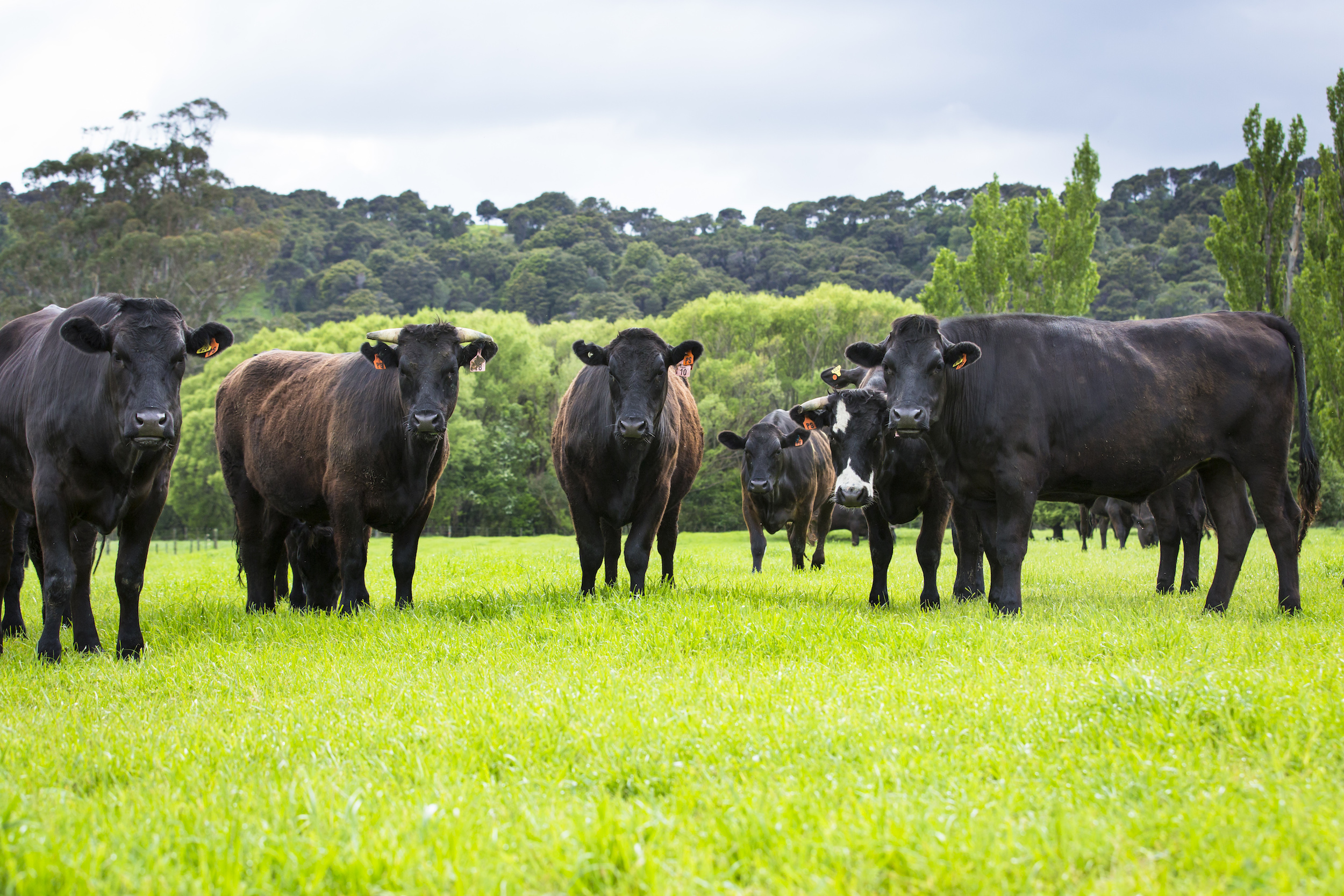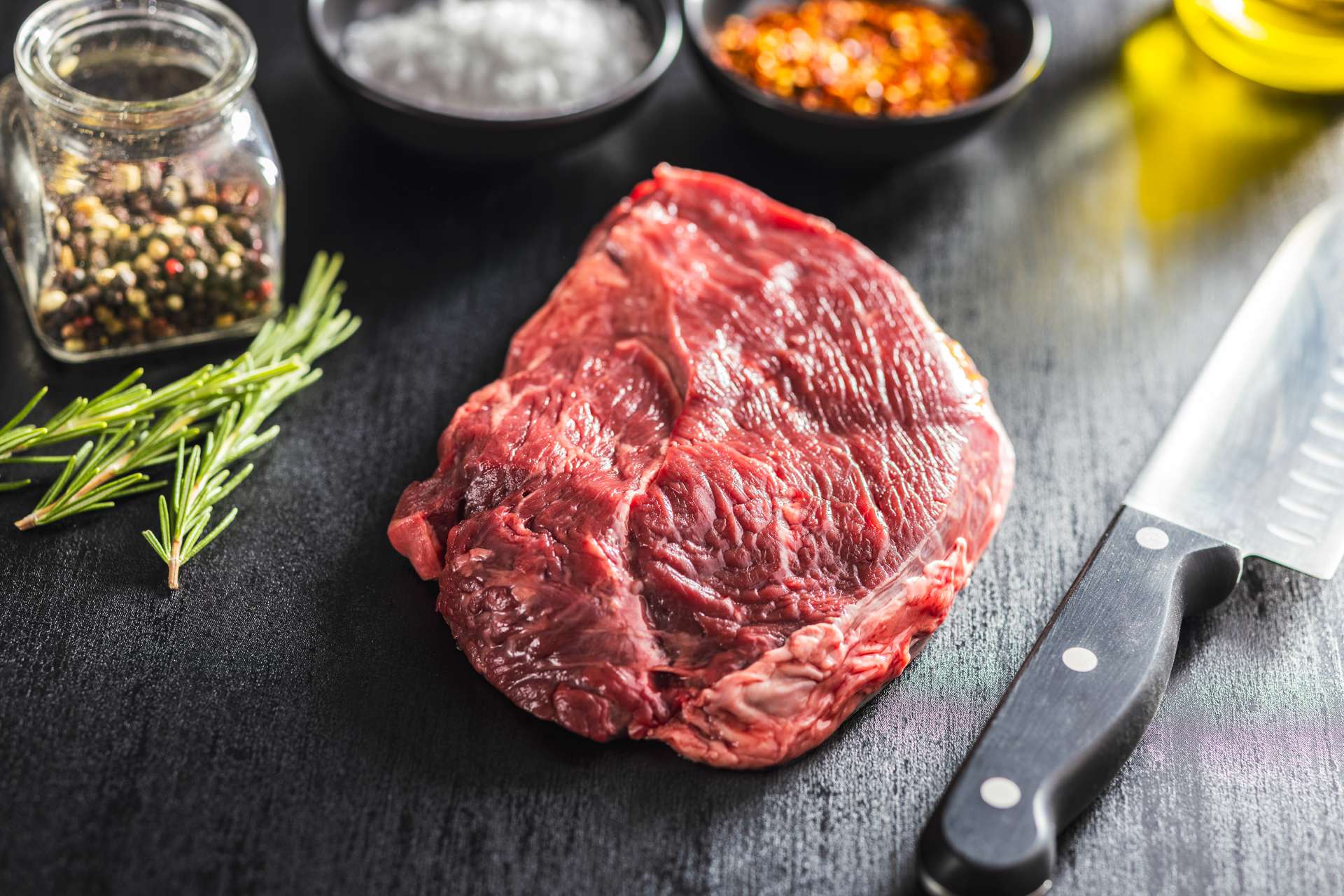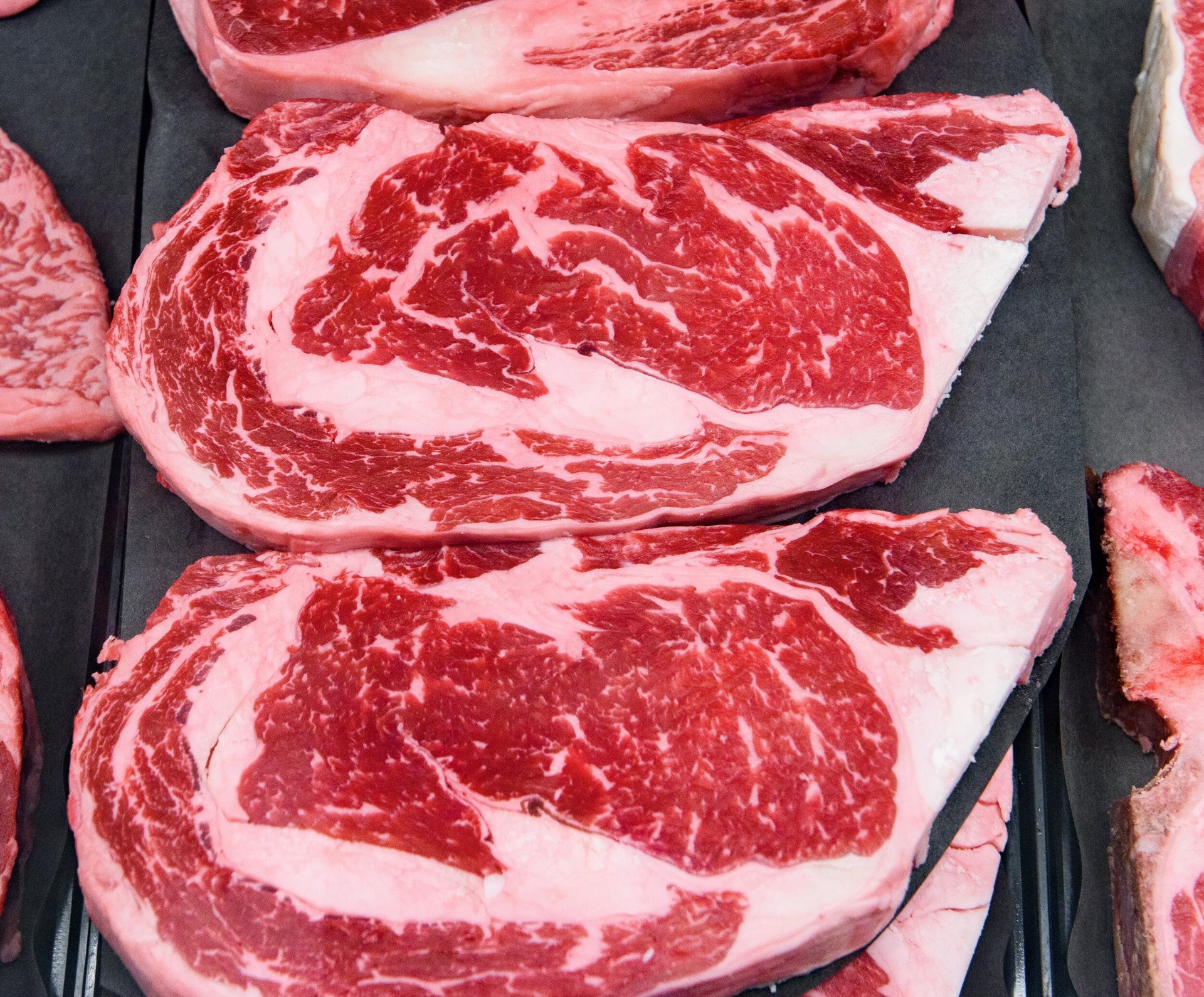Welcome to JnS Beef, your premier source for high-quality, pasture-raised beef in Etna, Wyoming. Using pure Wyoming bloodlines and curation practices started in the early 1900s, JnS Beef is renowned for its commitment to excellence established over almost a century of raising cattle. Our cattle thrive on the lush grasslands and pristine waters of our nearly 600-acre ranch, with access to an additional 2,000 acres of prime grazing land. Utilizing low-stress handling techniques and a meticulous rotational grazing system, we ensure our cattle are always provided with the freshest and most nutritious forage, resulting in exceptionally flavorful and tender beef. With a rich history of cattle ranching spanning decades, JnS Beef takes pride in delivering premium beef products directly to your table, providing an unmatched dining experience. Experience the difference with JnS Beef – where quality, taste, and sustainability come together seamlessly.
First, a word on grass fed beef. Grass-fed beef offers a plethora of health benefits that distinguish it from its grain-fed counterpart. Pound for pound, it boasts significantly higher levels of heart-healthy omega-3 fatty acids, up to six times more than grain-fed beef, along with increased monounsaturated fat content. Additionally, grass-fed beef contains elevated levels of vitamin E, vitamin A precursors, and other antioxidant vitamins, providing potent protection against oxidative stress. Its richer profile in antioxidants further fortifies its disease-fighting potential, potentially reducing the risk of serious illnesses like cancer, rheumatoid arthritis, heart disease, stroke, and Alzheimer's disease. While still containing some saturated fat, grass-fed beef typically exhibits lower levels compared to grain-fed beef, contributing to heart health and overall wellness. With its superior nutritional composition and disease-preventing properties, grass-fed beef stands as a wholesome choice for conscientious consumers seeking optimal health benefits from their dietary choices.

Choice matters for discerning clients!

Raising beef through a grass-fed, grass-finished process is a meticulous journey that prioritizes both the well-being of the cattle and the quality of the final product. It begins with the careful selection of superior genetics, ensuring that each animal possesses the desirable traits essential for thriving on pasture. From birth, the calves are raised in a stress-free environment, where they graze on lush, nutrient-rich grasslands in Western Wyoming. Our commitment to sustainable farming practices means we prioritize rotational grazing, allowing the cattle to move to fresh pastures regularly, maximizing the nutritional content of the grass and minimizing soil degradation. As the cattle mature, they continue to enjoy a diet solely composed of grass, providing a natural and balanced nutrition profile. This grass-fed, grass-finished approach not only enhances the marbling and flavor profile of the beef but also ensures that it is rich in essential nutrients and free from artificial additives. From pasture to plate, every step of the process is thoughtfully crafted to deliver beef of unparalleled taste, tenderness, and quality.

In the grass-fed, grain-finished process for raising beef, the journey begins much like in the grass-fed, grass-finished method, with the careful selection of superior genetics and the initial grazing on nutrient-rich grasslands. However, as the cattle approach maturity, typically during the last few months before processing, they are transitioned to a grain-based diet. This grain finishing period allows for the cattle to develop additional marbling and flavor complexity in their muscle tissue, contributing to the renowned tenderness and richness of 100% Certified Black Angus beef. Unlike the grass-fed, grass-finished method where the cattle solely consume grass throughout their lives, the addition of grain in the finishing stage offers a slightly different flavor profile and texture to the beef. While both methods result in high-quality beef, the grass-fed, grain-finished process provides a subtle difference, with the grain contributing to a more pronounced marbling and depth of flavor in the final product.